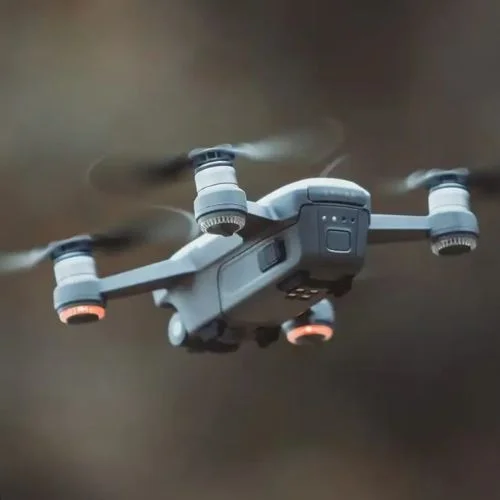Minister of State Rajeev Chandrasekhar announced on Friday that the Ministry of Electronics and IT will begin establishing the Bharat Semiconductor Research Center in partnership with business and academics early next year.
According to the minister, Prime Minister Narendra Modi believes that Indians ought to lead the way in semiconductor development.
Following the experts’ panel’s report’s submission, Chandrasekhar told PTI, “A group of top minds in semiconductor around the world and country have sat together to design the Bharat semiconductor Research Centre.”
He declared that the Bharat Semiconductor Research Centre, if approved, would be a world-class semiconductor research facility.
The design, the area on which it should concentrate, etc., have all been written by specialists today and included in a superior report. I hope that by 2024, this institution should be starting to take shape,” Chandrasekhar remarked.
In the following four to five years, Bharat Semiconductor Research Centre, he predicted, will rank among the top semiconductor research facilities.
The minister declared that the amount of investment required by the institution would not be limited.
In response to a question on whether the government would invest in intellectual property rights (IPRs) that will be established at the institution through grants or equity, the minister stated that the exact nature of the investment will be determined later.
Previously, American businesses that have expressed interest in establishing branches in Karnataka include Tsecond, LeoLabs, and LAM Research.
MB Patil, the minister of industries for Karnataka, is in the US to entice businesses in the semiconductor, aerospace and defence, auto/EV, space, and medtech sectors to invest in the state. He had discussions with representatives of some of these companies.
Since 2000, LAM Research has operated in Karnataka. Its Bengaluru site is dedicated to software development support, worldwide operations management, and hardware engineering.
The company received authorization to establish engineering, R&D, testing, and tool prototyping units for capital goods to manufacture semiconductors and displays during the September meeting of the state-level single-window committee. For this initiative, LAM Research intends to invest Rs 236 crore.
The minister also had a meeting with LeoLabs representatives. The business is looking at ways to connect with the space ecosystem in Karnataka.
Fleets of any size can benefit from automatic and impartial monitoring thanks to LeoLabs’ suite of ten radar satellite tracking services. Their method provides insights and support for the quickly changing space sector while also improving the way missions are launched, tracked, and managed.
According to a statement from Patil’s office, Tsecond executives informed Patil that once adequate scale is achieved, the business intends to investigate assembling and hardware manufacturing in Karnataka.













